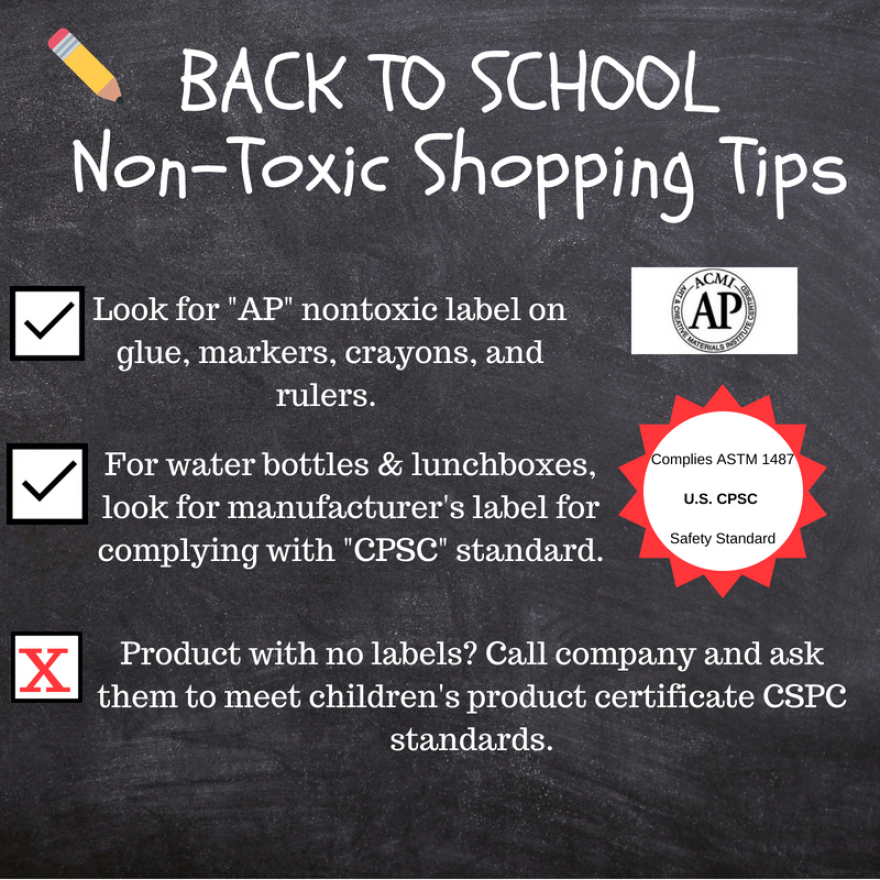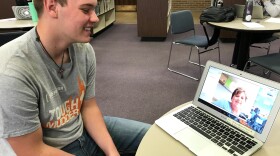It's back-to-school time and parents, teachers and students are busy shopping for supplies. But according to a new some of these products contain toxic chemicals that could be harmful.
The Colorado Public Interest Research Group (CoPIRG) Foundation tested 27 common school supplies including dry erase markers, glue, spiral notebooks and lunchboxes. It found a several products contain asbestos, lead, benzene or phthalates. These chemicals can cause cancer, reproductive or developmental problems in children.
"It's always surprising to find toxic chemicals in school supplies. There's just no need to have them in there," said CoPIRG Foundation director Danny Katz. "We don't need asbestos to make crayons. We don't need phthalates in order to make three-ring binders."
The organization also found benzene in one brand of markers and lead in recently recalled children's water bottles. Katz warns that shoppers should not assume a product is free of toxic chemicals just because it's sitting on a store shelf.
"Some of these products will be recalled," he said and suggests signing up for recall from the federal government.

Manufacturers are ultimately responsible for creating safe school supplies, but consumers can protect themselves by looking for certifications on the product. This includes stamps from either the Art and Creative Materials Institute - a circle with "AP" inside - or the Consumer Product Safety Commission.
Safe school supplies may also have BPA, lead or phthalate-free written on them. CoPIRG suggests parents avoid products that say "non-toxic"; that language isn't regulated by an official agency and may still be harmful.
CoPIRG releases an annual toy safety report but this is the first year it has tested school supplies. Katz said the organization expanded testing because while there are laws regarding toxic chemicals in toys, school supplies are not included in that category.
"We're going to continue to shine a spotlight on this. To call for more legislation, policy-makers to act because in a number of these cases it's not actually illegal," he said. "And just continue to educate parents and teachers so they can help make safe decisions."
A to safe back-to-school shopping can be found at CoPIRG's website.







